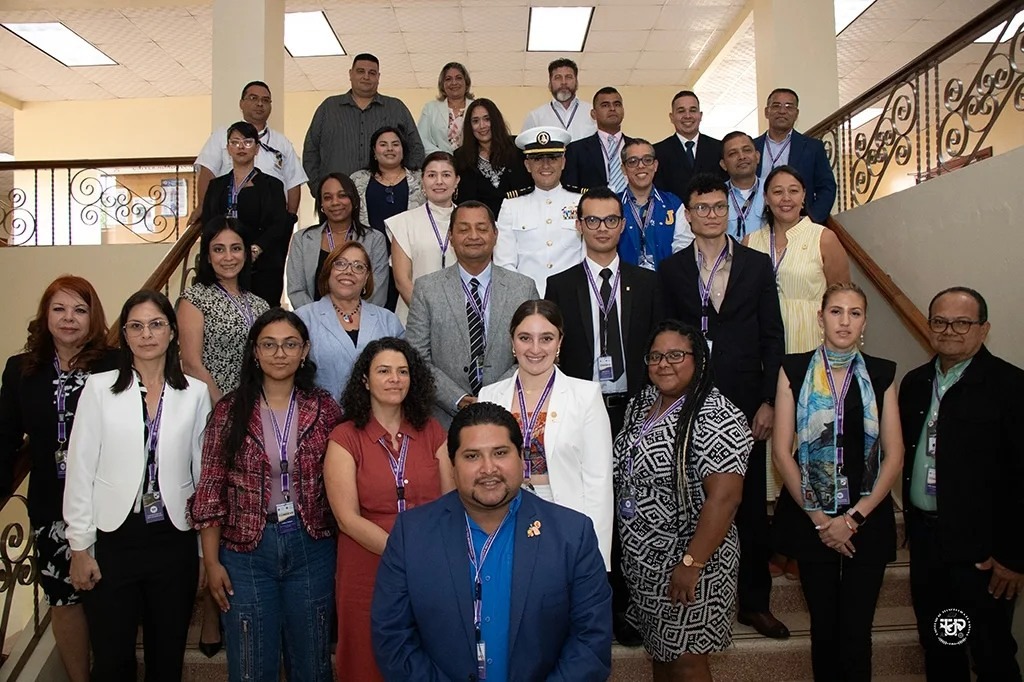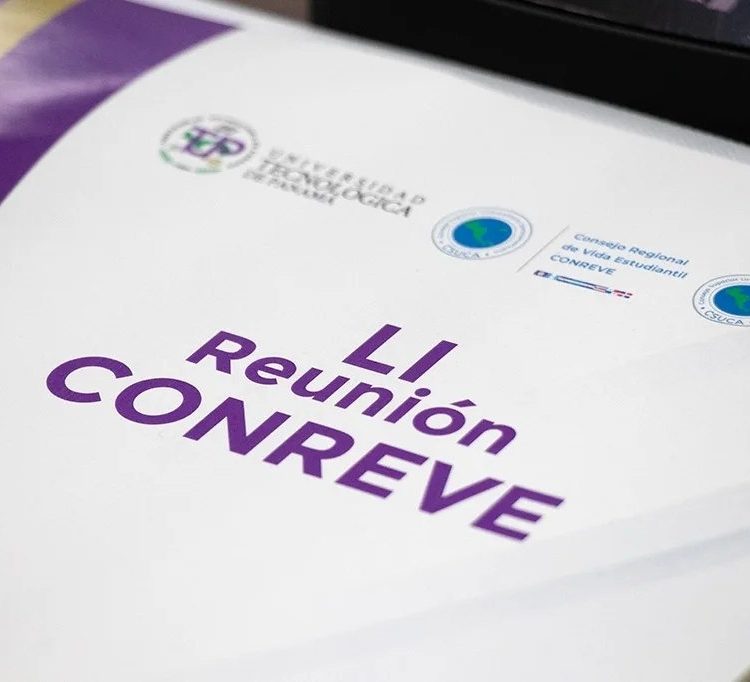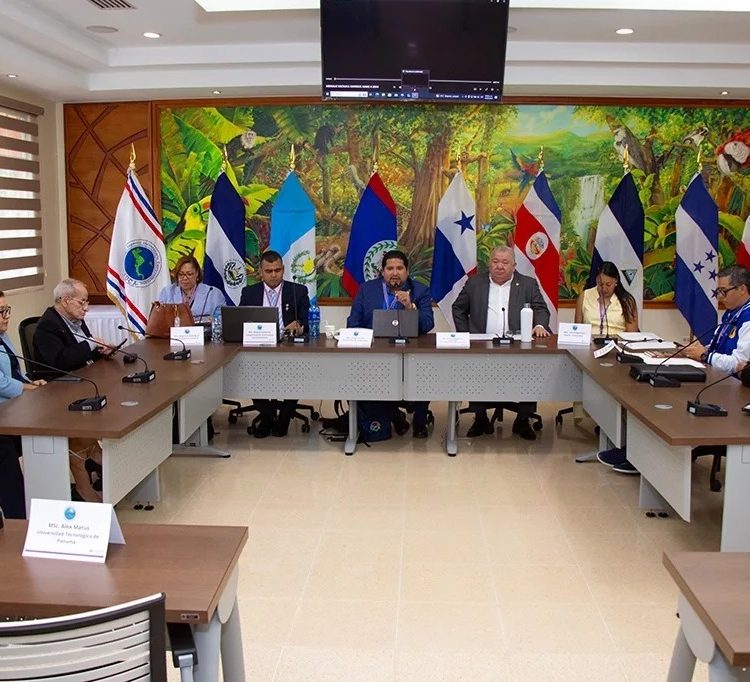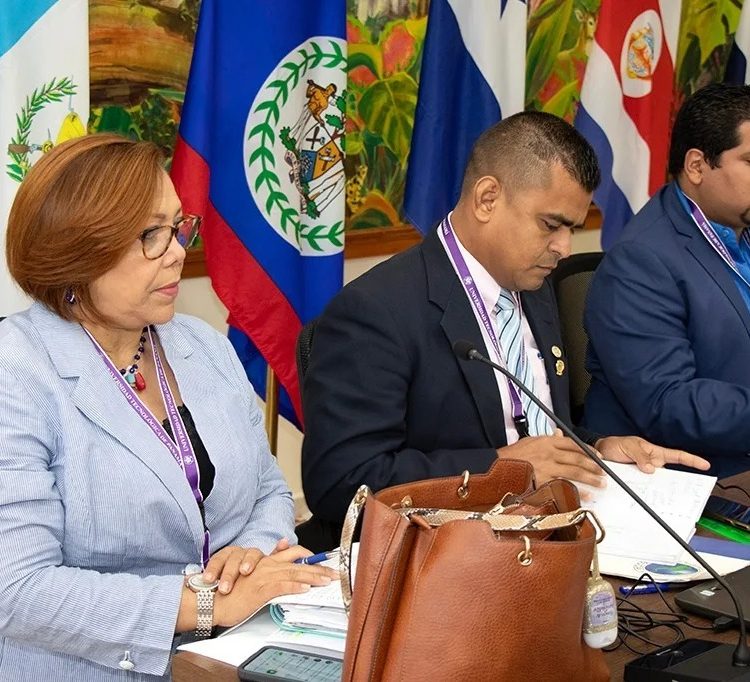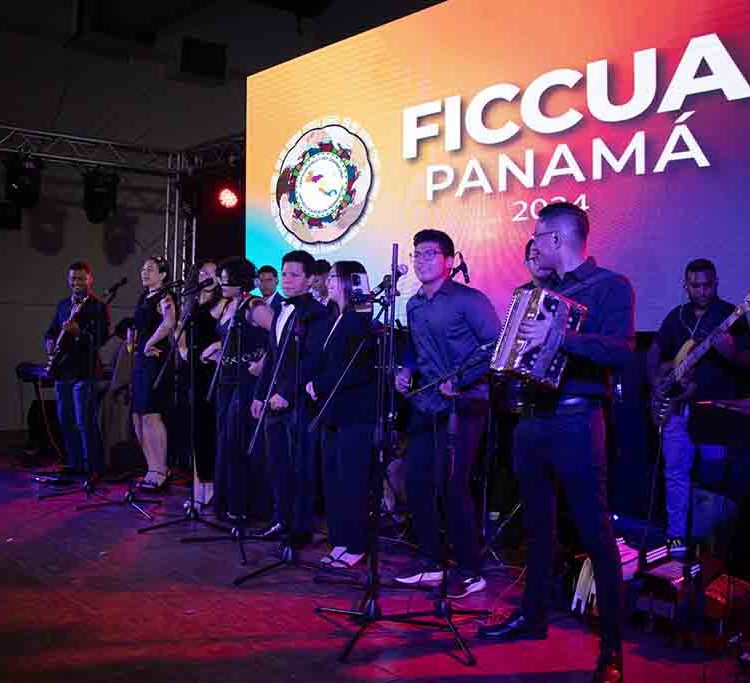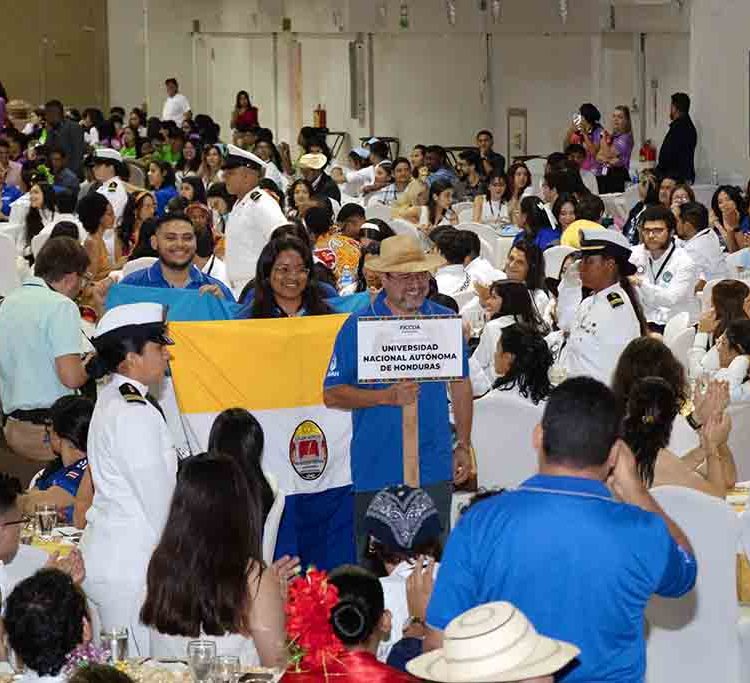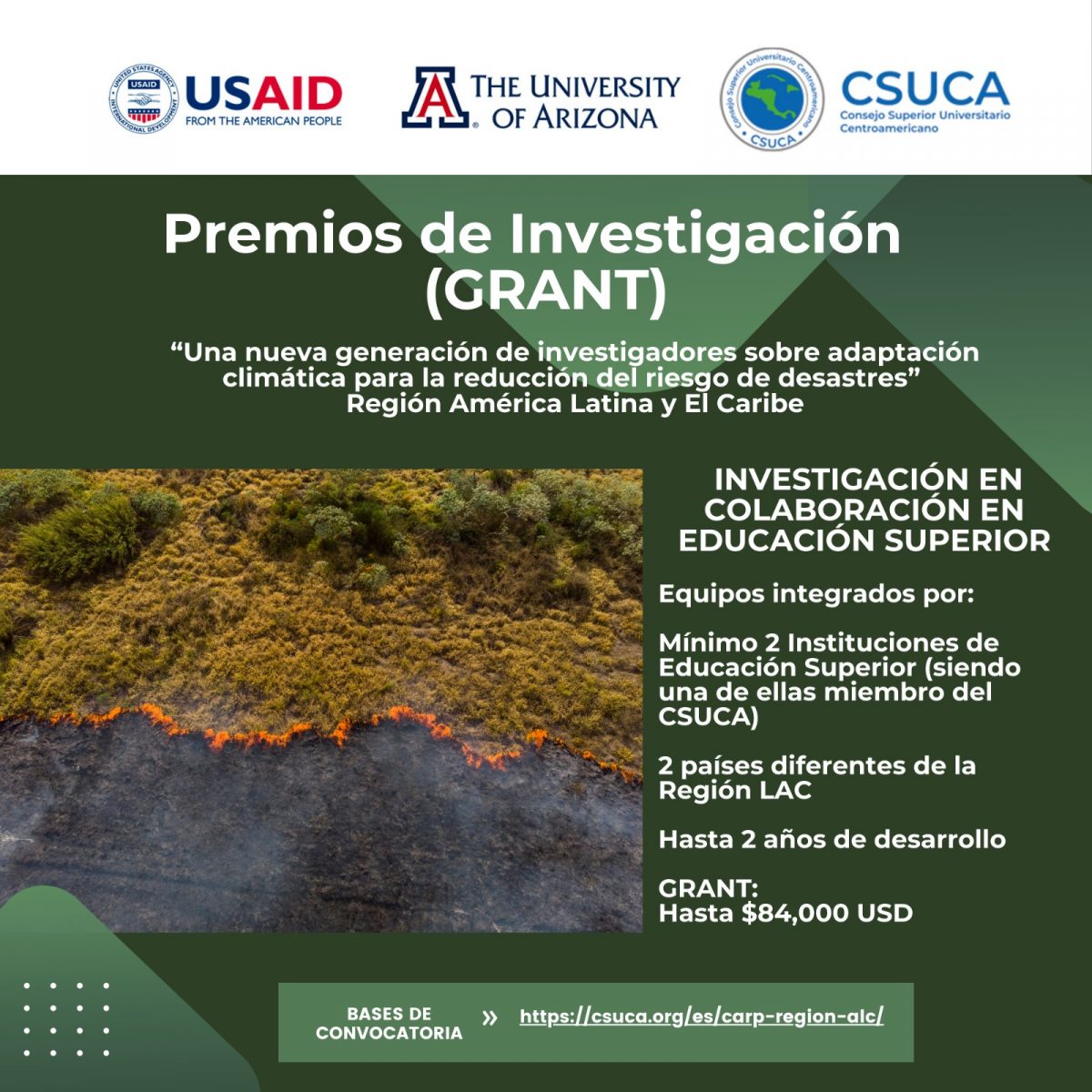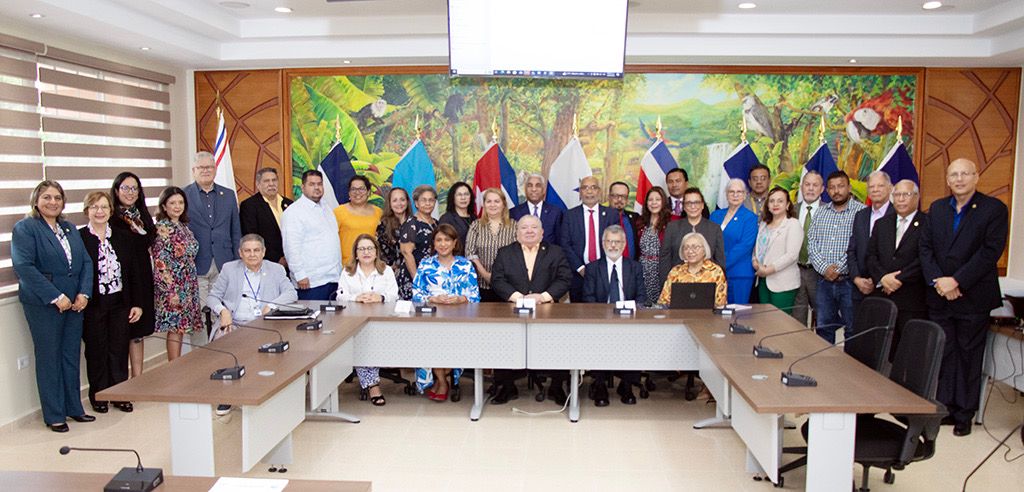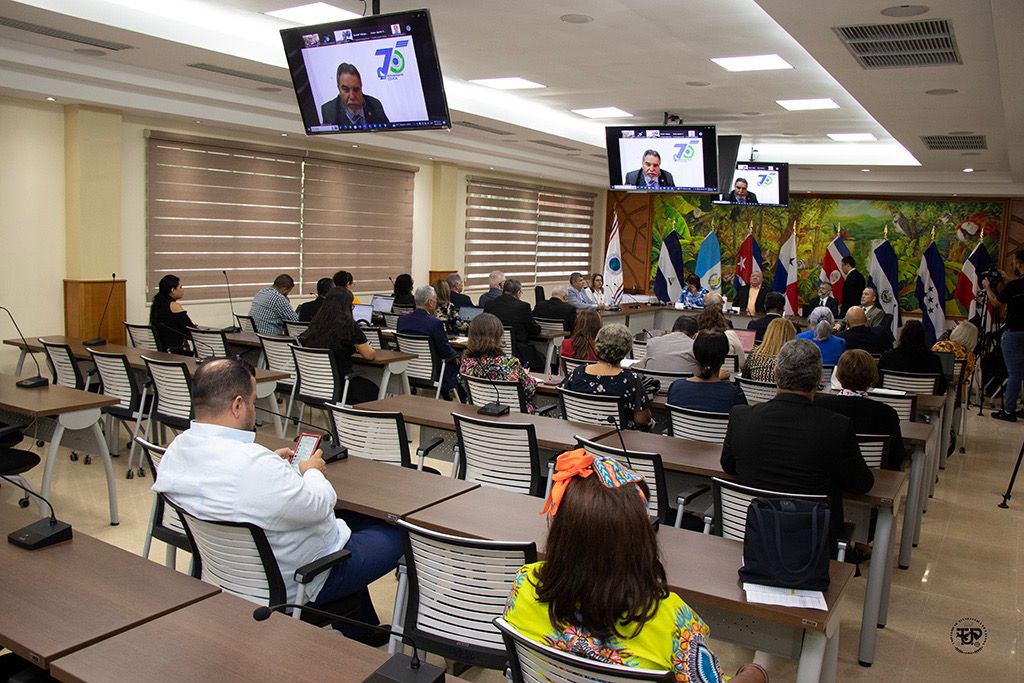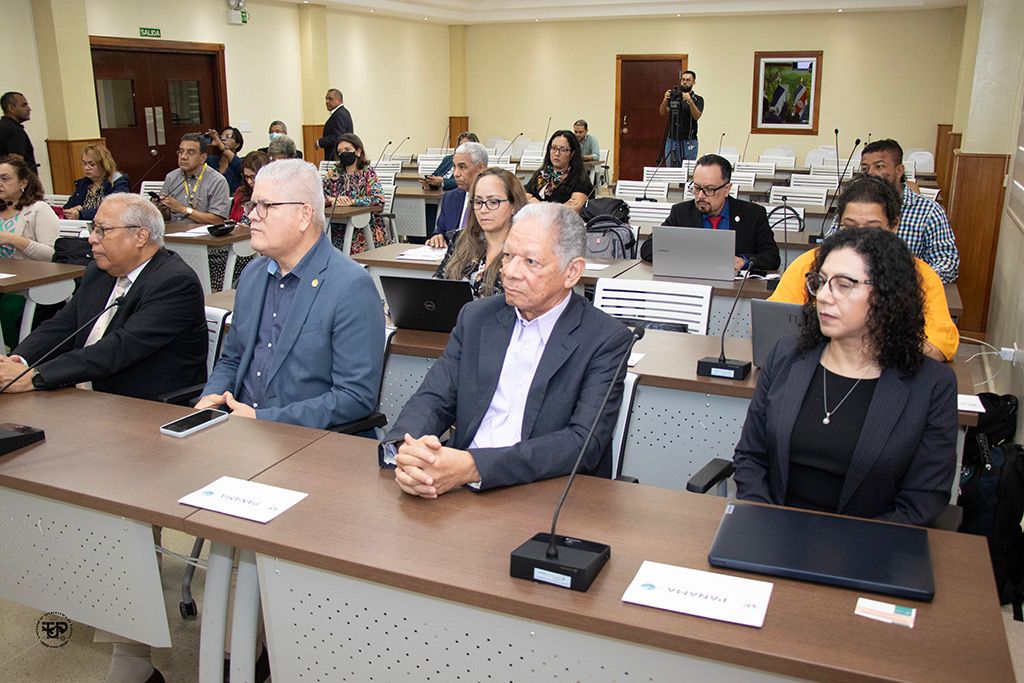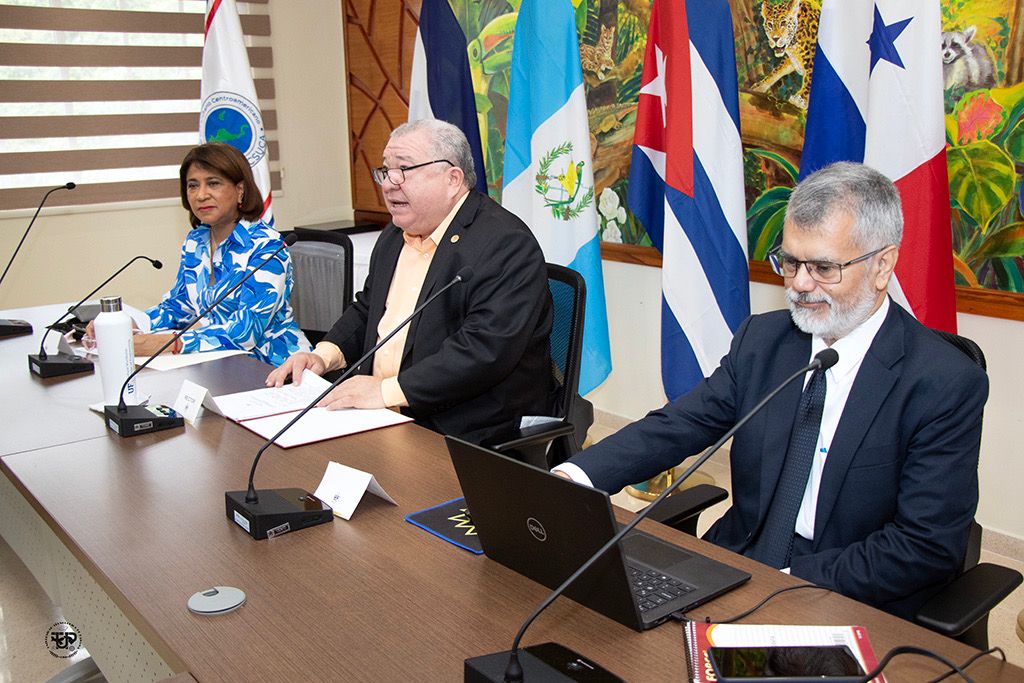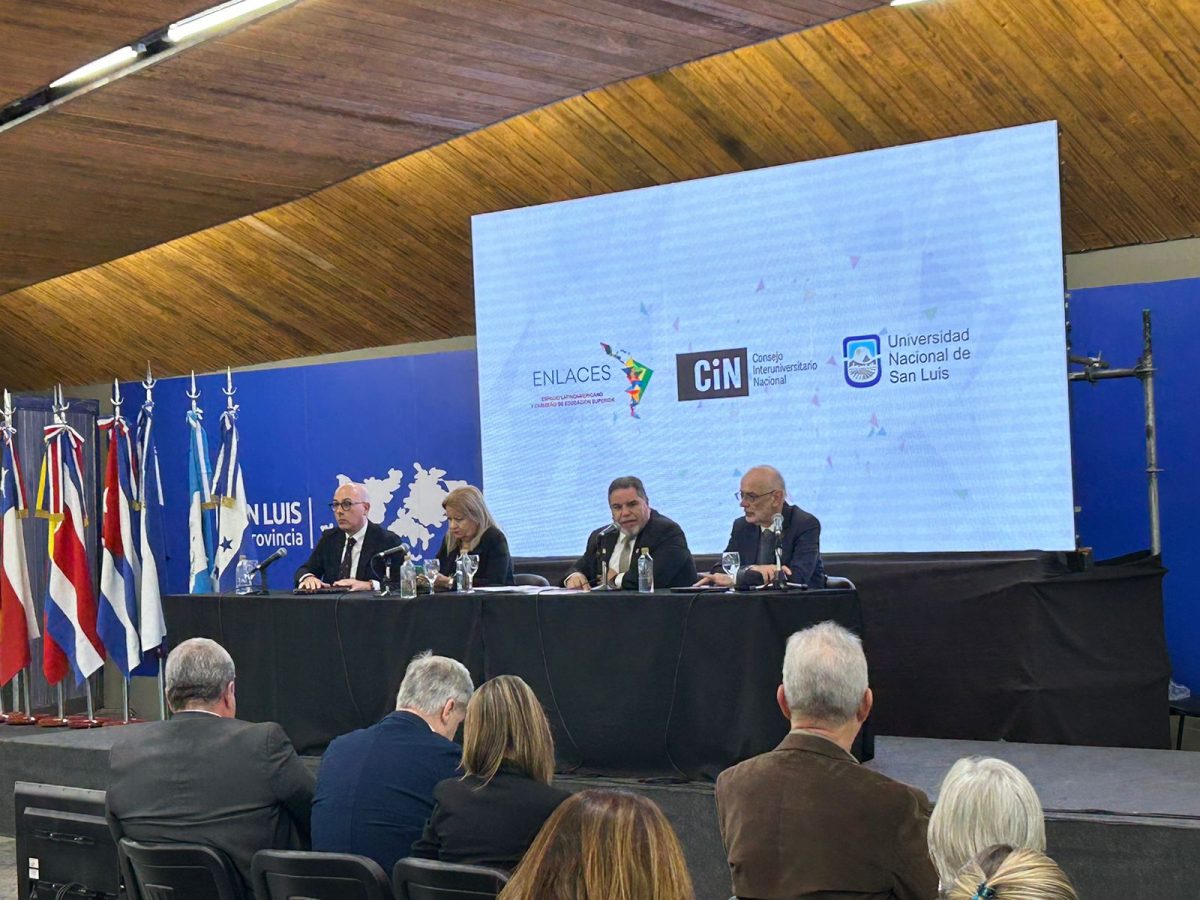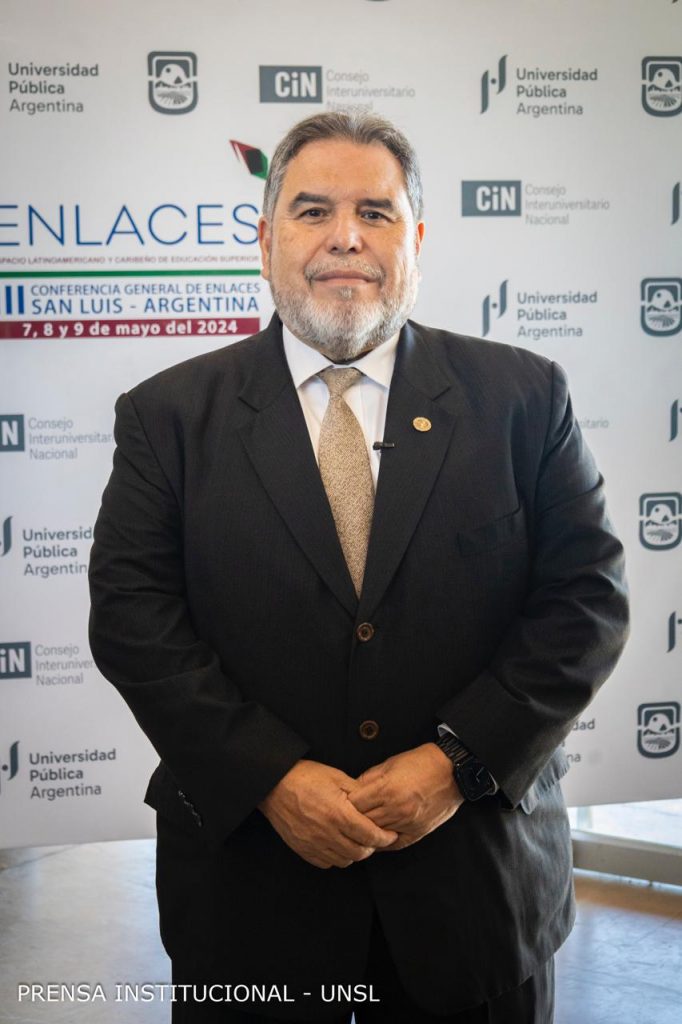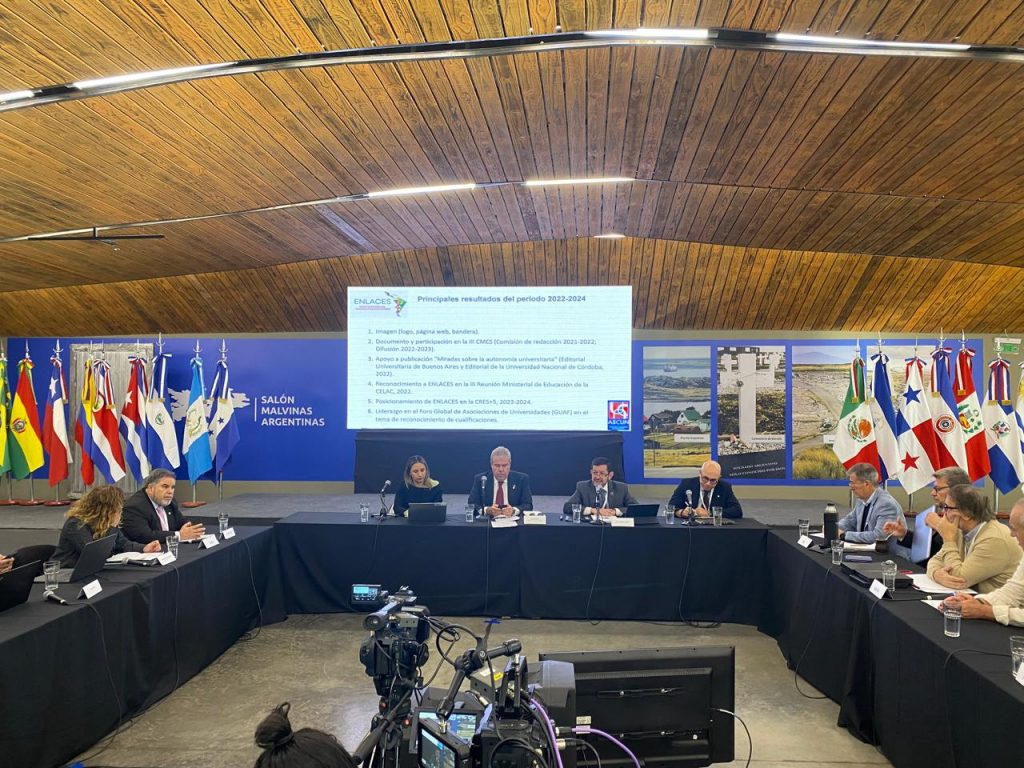Ciudad de Panamá, 4 de junio de 2024
En instalaciones de la Universidad Tecnológica de Panamá, se desarrolló la Quincuagésima Primera Asamblea General del Consejo Regional de Vida Estudiantil -CONREVE-, órgano del Sistema Regional de Vida Estudiantil -SIREVE-, actividad paralela al Festival Interuniversitario Centroamericano de Cultura -FICCUA 2024-.
“Con este conclave centroamericano le corresponde a Panamá desarrollar a la par de la sesión ordinaria del Consejo Regional de Vida Estudiantil el Festival Interuniversitario Centroamericano de Cultura FICCUA 2024, reuniendo a estudiantes talentosos de toda Centroamérica, siendo un encuentro que promueve la integración centroamericana desde las universidades, permitiendo ver las buenas prácticas en las actividades culturales, deportivas, voluntariado, y programas como la no violencia y la seguridad de las universidades” señaló Omar Aizpurúa Pino, Rector de la Universidad Tecnológica de Panamá -UTP-.
Mientras que, Carlos Alvarado Cerezo, Secretario General de CSUCA mencionó “Es importante destacar que nunca le había correspondido a las universidades desempeñar un papel tan trascendental como el ser uno de los principales instrumentos de transformación, los retos a los que nos enfrentamos son grandes, el acierto radica en mantenernos unidos en el trabajo colaborativo de manera solidaria y coordinada con un sistema más equitativo de integración”.
En la reunión del Consejo Regional de Vida Estudiantil, se destacó la importancia de la colaboración entre universidades con el fin de fortalecer la educación superior y la vida estudiantil. Se presentaron informes sobre las actividades realizadas por parte de la Presidencia de CONREVE, Secretaría Adjunta para Asuntos Estudiantiles del CSUCA y el V Encuentro de Universidades Promotoras de la Salud, desarrollado en la Universidad de El Salvador del 29 de noviembre al 1 de diciembre del año 2023.
Además, se llevó a cabo una votación abierta para elegir la segunda vocalía del comité directivo de CONREVE, así como, los avances de la organización del VI Encuentro de Voluntariado, la XVIIII Entrega del Premio Regional a la Excelencia Académica Rubén Darío y LII Sesión Ordinaria del CONREVE. También se crearon las comisiones transitorias para el desarrollo de XIII FICCUA, IX JUDUCA, Voluntariado y III CONIVES.
Cabe destacar que CONREVE es órgano de SIREVE, encargado de asesorar, promover, fortalecer y generar iniciativas, programas y proyectos que impulsen el desarrollo del área de Vida Estudiantil de las Universidades miembros de CSUCA; contribuyendo a la formación integral de profesionales que participen con compromiso social, en la transformación, desarrollo e Integración de Centroamérica, República Dominicana y Cuba.

